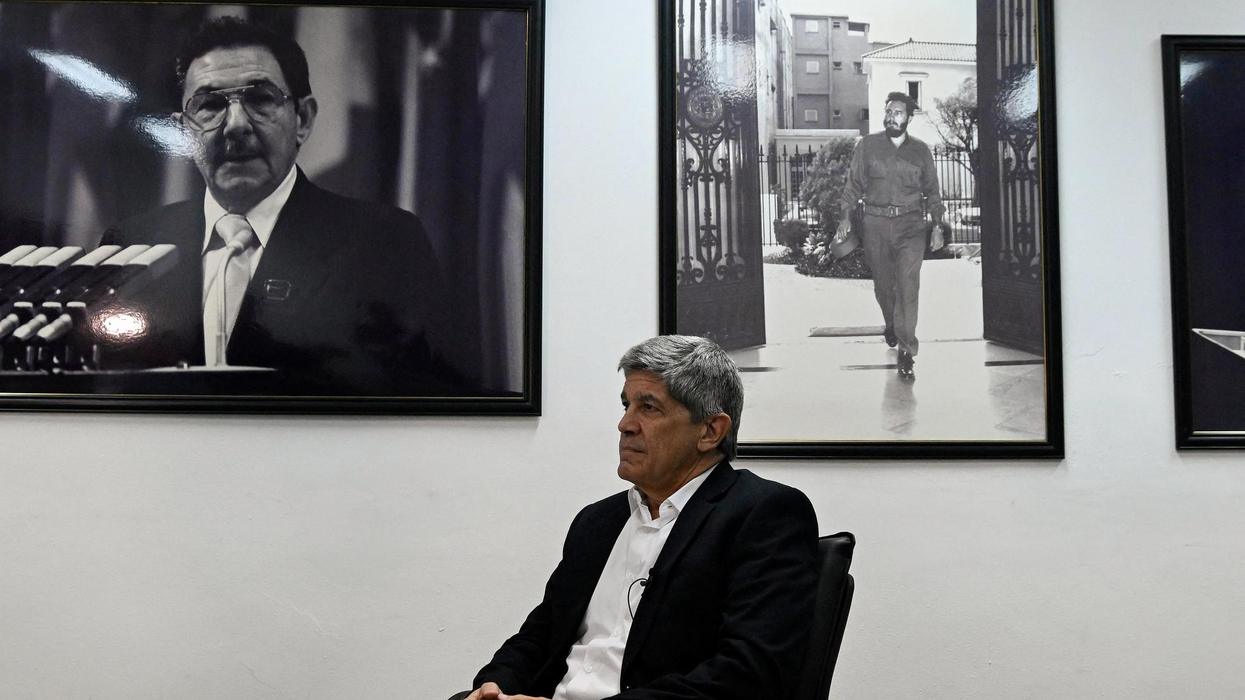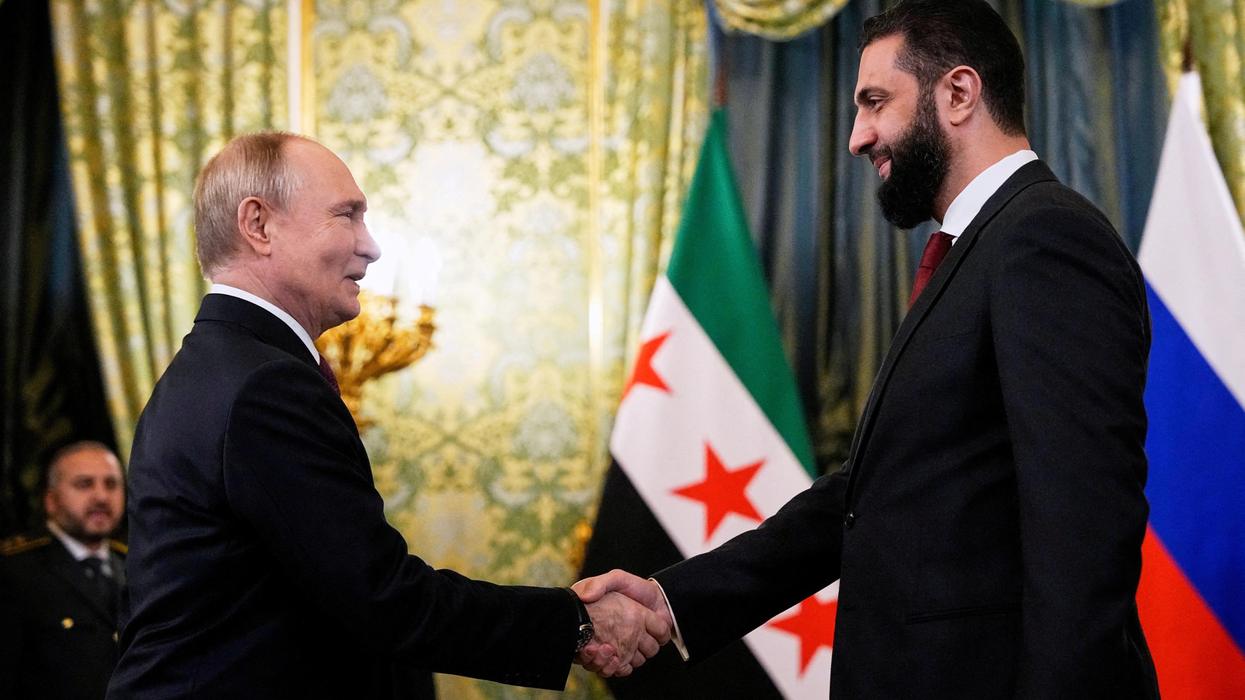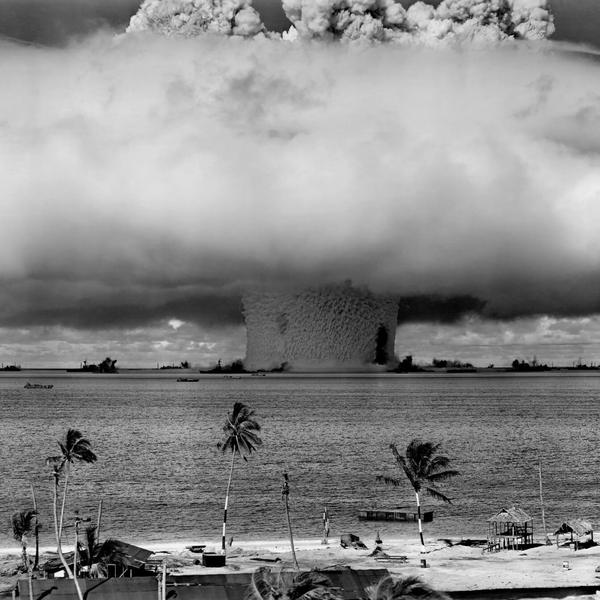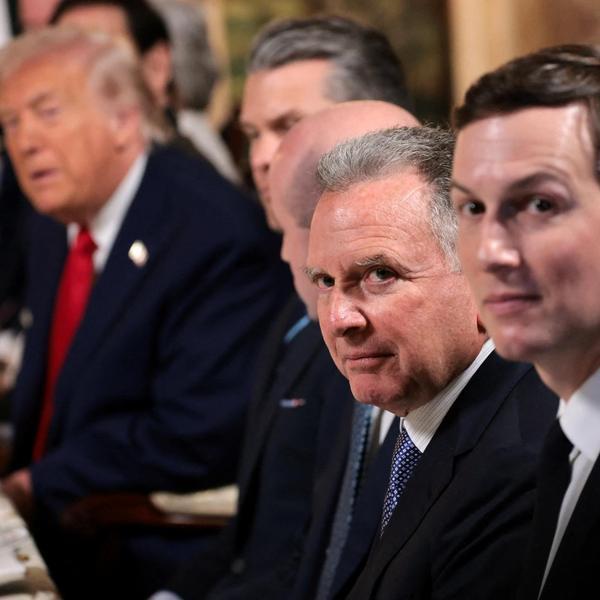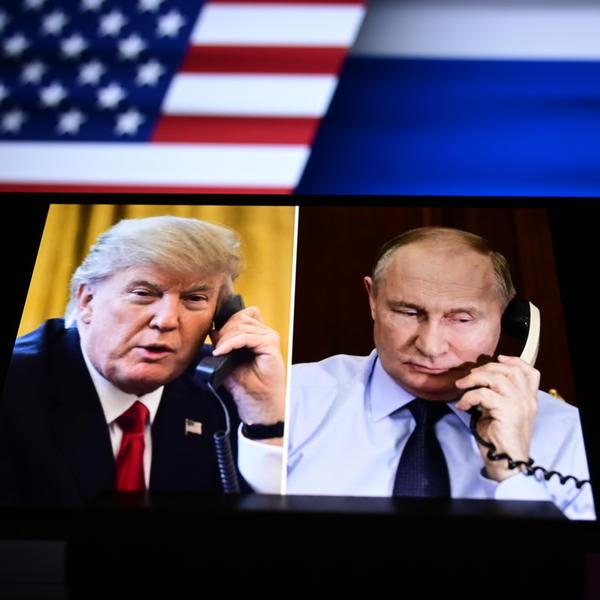In a matter of weeks, Americans have watched the coronavirus pandemic evolve from a distant crisis to a rolling catastrophe that has upended the most basic elements of our lives.
The present emergency, and its impact on Americans’ well-being can hardly be overstated. But what the pandemic — and the U.S. government’s atrocious response to it — suggest for our future is even more terrifying.
Coronavirus has already kicked off a global economic downturn that will be at least as severe as the Great Recession, and depending on the success of mitigation efforts, the pandemic could kill millions worldwide. Beyond that, it is certain to exacerbate existing problems; it will likely devastate crowded refugee camps, create more failed states, escalate violent conflicts, spur waves of migration, and intensify the reactionary and xenophobic politics that reliably come with that.
In other words, the most devastating impact of coronavirus may stem from its function as a threat multiplier, much like climate change. In this way, coronavirus provides a stress test for the United States and for the global order — one that both are failing miserably.
Far more than traditional military threats, rogue states, or international terrorism, phenomena like the coronavirus pandemic will represent this century’s greatest challenges to both U.S. policymakers and to the international system. Pandemics, natural disasters, droughts, and sea level rise are all expected to increase in coming decades, largely due to climate change. These threats pay no mind to geopolitics, state sovereignty, or borders, and cannot be addressed by military force.
This assessment is neither new nor outside the mainstream. The Pentagon has identified climate change and its attendant problems as a primary national security threat since 2010. Numerous Democratic presidential candidates — including Joe Biden, the relatively-conservative presumptive nominee — identified climate change as the single greatest threat to U.S. national security.
Last week, a report from The Nation revealed that a 2017 Pentagon plan had cited “a novel respiratory disease” as “the most likely and significant” near-term threat to the United States.
Why, then, were we so woefully unprepared for such a threat to actually strike?
There is the matter of our president, of course, who dithered away precious months of preparation and even now is more concerned with the trajectory of the stock market than with the considerable number of lives at stake in the United States and around the world.
Yet not all the blame can be placed on Donald Trump. Our unpreparedness for this crisis is a symptom of deeper structural problems that preceded his presidency, and if we do not act, will persist well after he has left the White House.
Despite the fact that a major conventional war remains unlikely, and the broad recognition that non-military threats pose a greater and more probable danger, the U.S. government continues to act, and to spend, as if the situation were reversed.
In 2016, before Trump took office, our military budget was already an extravagant $611 billion, compared to $11.5 billion for the Centers for Disease Control and Prevention. The Trump administration has greatly exacerbated this gap, bringing military spending to a proposed $740 billion for 2021 while cutting spending on the CDC, World Health Organization, and other public health programs.
Furthermore, even the massive $2.2 trillion stimulus that passed the Senate several weeks ago is dwarfed by the $6.4 trillion the U.S. has spent on its disastrous and counterproductive “War on Terror” over the last two decades. To put it another way, the amount the U.S. is willing to spend to mitigate the largest economic collapse since the Great Recession amounts to only twice what it spent on a single, dysfunctional line of fighter jets.
Clearly, the concept of national security has been unmoored from the goal of protecting American lives. It has instead become a magical phrase deployed to justify lavishing endless public funds on defense contractors while our tools for addressing actual existential crises wither.
Consider that our “Strategic National Stockpile” of medical supplies holds roughly 1 percent of the N95 masks we will need to address this pandemic, according to The New York Times. Similarly, we possess only a fraction of the necessary ventilators to meet anticipated demand, making it likely that a significant number of Americans will die preventable deaths over the next few months.
Still, President Trump stalled for weeks in using his powers under the Defense Production Act to boost production of masks and ventilators, falsely claiming that this would be tantamount to nationalizing certain industries. The free market can handle the government creating demand for tanks that the Pentagon has explicitly said it doesn’t need, apparently, but to do the same thing with surgical masks during a pandemic would turn us into Venezuela.
If the United States is to have any hope of addressing the threats of the future — climate change, pandemics, and natural disasters, among other things — we must abandon these attitudes, and fast. There is no reason why the government can’t or shouldn’t use massive public spending, coordinated industrial policy, and DPA-type powers to stimulate the production of green technology, medical supplies, sustainable and disaster resilient infrastructure and housing stock, and a secure food supply.
We must also build up civilian institutions that are equipped for pandemic and disaster response on a large scale. While it is tempting to turn to the military to fulfill these functions, as it has shown capability in events such as the Ebola crisis of 2014, we should not give in to this impulse. We have already seen, through our wars in Iraq and Afghanistan, the dangers of saddling the military with massive and ever-expanding non-military objectives.
Instead, we should invest in institutions like the CDC, NIH, FEMA, and the United States Public Health Service, expanding their budgets and, where appropriate, the number of personnel they have ready to deploy in a national crisis.
We should frame these efforts in a reimagined conception of national security, one that centers human security and wellbeing instead of the idea of achieving security through global military domination.
It is also crucial that we internationalize these endeavours, as none of the aforementioned threats will strike the U.S. alone, nor can they be reliably contained within other countries, friendly or adversarial. We must be willing and able to provide aid in terms of funding, equipment, technology, and personnel when other nations are struck by pandemics, natural disasters, and other calamities, or we will inevitably see the fallout reach our own country.
If our future is to be defined by global, non-military threats, then our response must be defined by international cooperation and mutual aid. The principal alternative — the return to great power competition currently being cheered on by the Trump administration and much of the U.S. foreign policy establishment — would be an unmitigated disaster. For a preview, look no further than the foolish war of words that has been waged between the U.S. and China as each jostles to turn a pandemic into a geopolitical victory. Surely we can do better than that.



